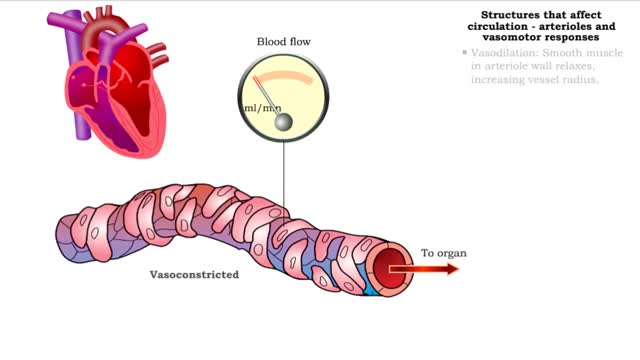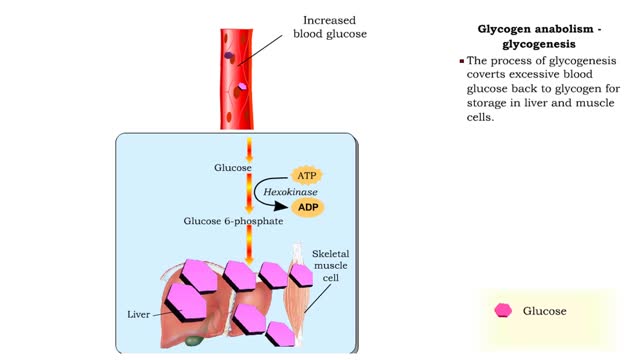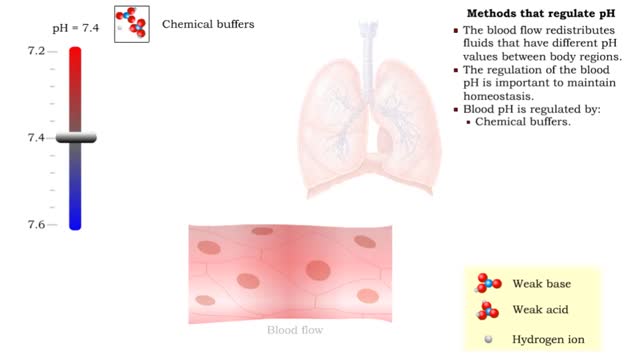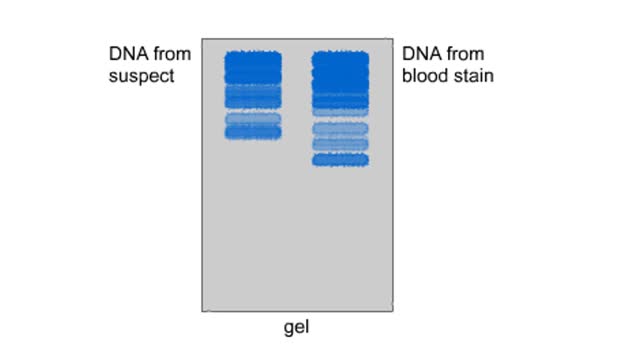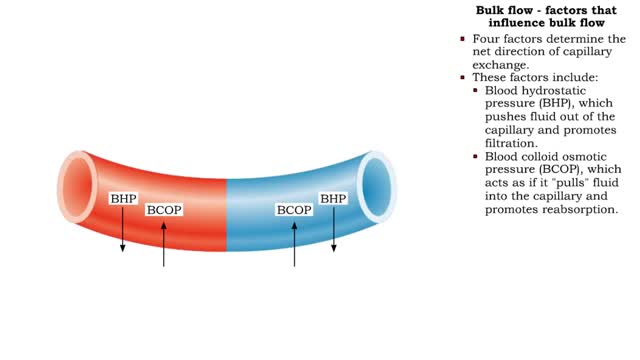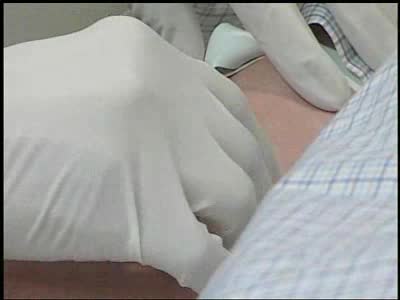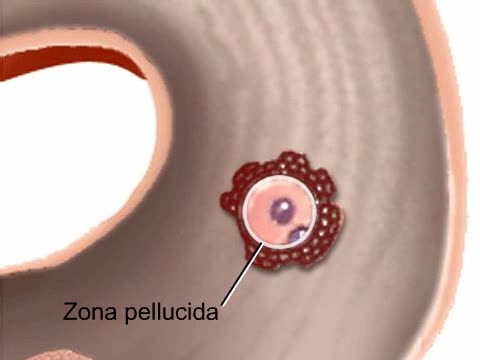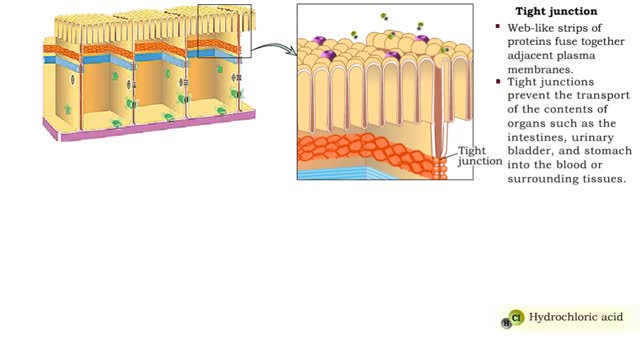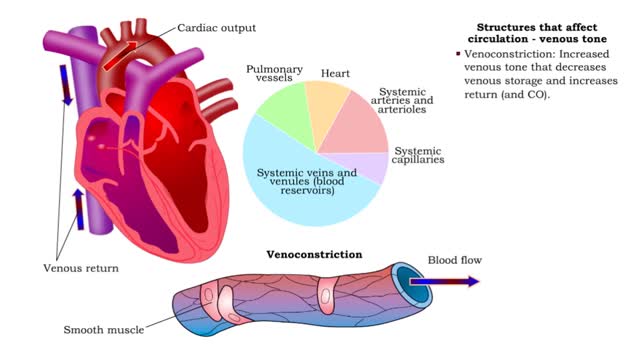Search Results
Results for: 'fetal red blood cells'
Structures that affect circulation - arterioles and vasomotor responses and venous return
By: HWC, Views: 10963
■ Small arteries and arterioles determine SVR. • Blood pressure drops significantly as blood passes through arterioles. • Decreasing arteriole radius and decreased wall elasticity are the main reasons for increased SVR. ■ Small changes in arteriole radius can cause large changes in ...
Glucose anabolism reactions: Glycogenolysis and Gluconeogenesis
By: HWC, Views: 11278
• Glucose not needed immediately is stored as glycogen. The process that creates it is glycogenesis. • When ATP is needed for body activities, stored glycogen is broken down by a process called glycogenolysis. • Glucose can be formed through two different anabolic reactions: • Glycog...
By: HWC, Views: 11046
• The blood flow redistributes fluids that have different pH values between body regions. • The regulation of the blood pH is important to maintain homeostasis. • Blood pH is regulated by: • Chemical buffers. • The respiratory system. • The urinary system. • All thes...
By: HWC, Views: 7783
DNA fingerprinting enables a scientist to compare the DNA from two biological samples, such as a blood stain and a suspect's blood. A restriction enzyme is added to the samples to be compared. The enzyme cuts the DNA into smaller fragments. The DNA fragments are placed on an electrophor...
Bulk flow - factors that influence bulk flow
By: HWC, Views: 10512
• Bulk flow helps regulate the relative volumes of blood and interstitial fluid. • Flow from blood to interstitium is called filtration. • Flow from interstitium to blood is called reabsorption. • Four factors determine the net direction of capillary exchange. • These factors in...
By: Administrator, Views: 14049
How blood is taken from a patient. Phlebotomy is the process of making an incision in a vein with a needle. The procedure itself is known as a venipuncture.
By: Administrator, Views: 552
At conception, the gender and other biologic traits of the new individual are determined. The zygote is genetically complete and immediately begins to divide, forming a solid mass of cells called a morula. When the developing embryo (stage of development between weeks 2 and 8) reaches the ute...
Junction Types - Tight and Adherens Junctions
By: HWC, Views: 11333
Many tissues contain in tercellular junctions between cells. 1. Tight junction 2. Adherens junction 3. Desmosome 4. Hemidesrnosome 5. Gap junction 1. Tight junction • Web-like strips of proteins fuse together adjacent plasma membranes. • Tight junctions prevent the transport...
Structures that affect circulation - kidneys and blood volume and skeletal muscle pumping
By: HWC, Views: 11568
• Kidneys regulate blood volume and blood osmolarity via salt and water reabsorption. • Increased reabsorption increases blood volume and venous return (and CO). • Decreased reabsorption Increases urine production, which decreases blood volume and venous return (and CO). • Systemi...
Advertisement



